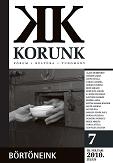
Keywords: occidentalism; socialist regime; social imagination; essay
Essay about occidentalism in the Hungarian social imagination of the seventies.
More...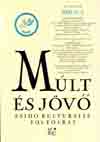
Keywords: Traditional Chinese theatre; modern European theatre; modern Chinese theatre; cultural interaction; history of modern theatre
More...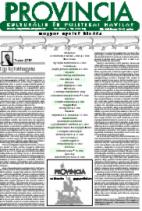
Keywords: the “substance” of the Romanian democracy;
The author focuses at the beginning of the article on the “Journal of Democracy”’s first issue in 2002 – that contains a study about the “End of the Transition Paradigm” and the symbolic importance of this study. The author talks about the democratical features of the transition states – a grey zone of democracy (elite pluralism, the politics of the dominant power), the model of particular democracy (“clientelism and particularism”) – and the Romanian example: where does it belong, the “substance” of the Romanian democracy.
More...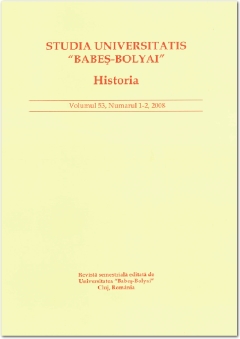
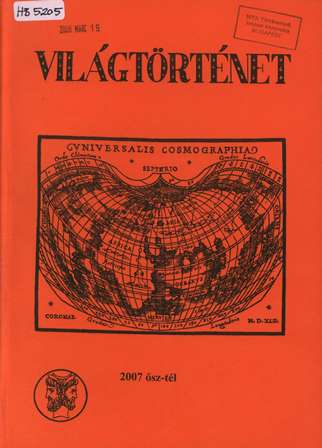
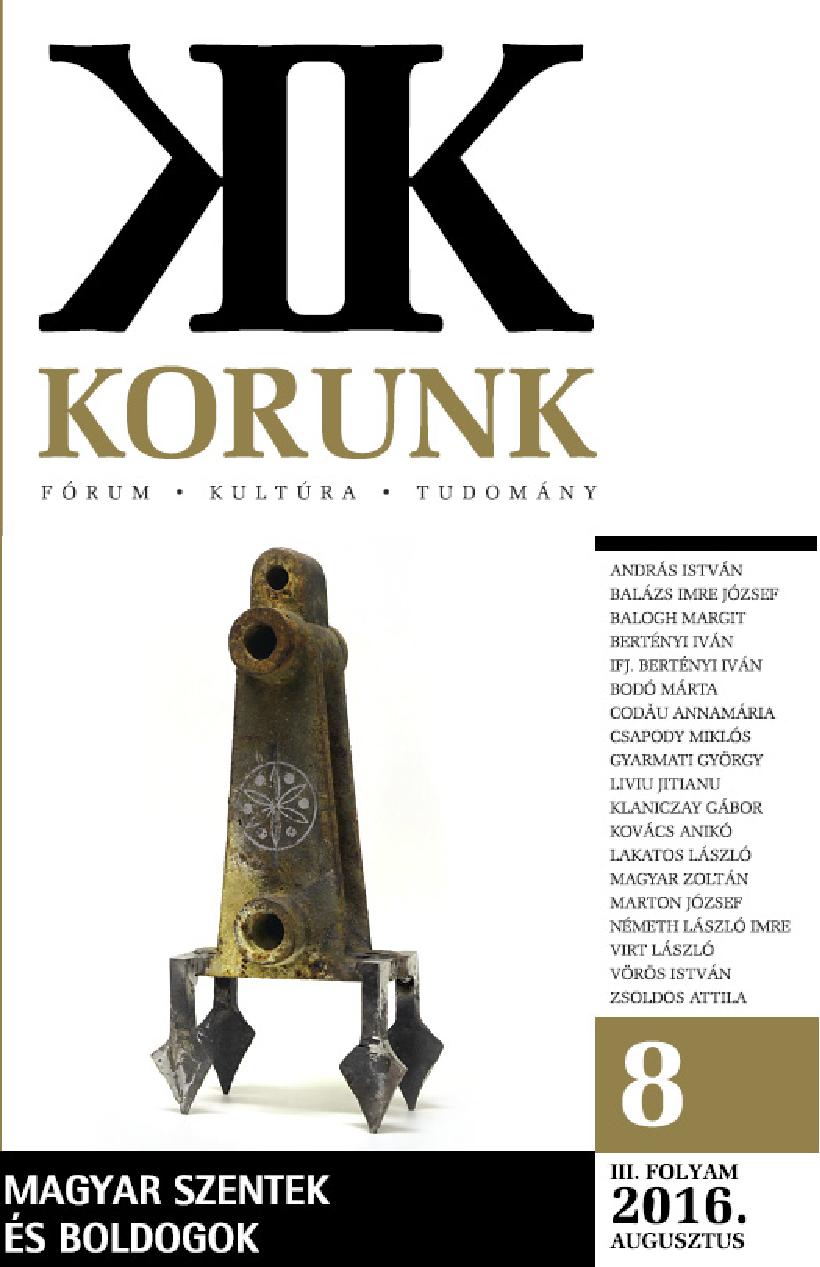
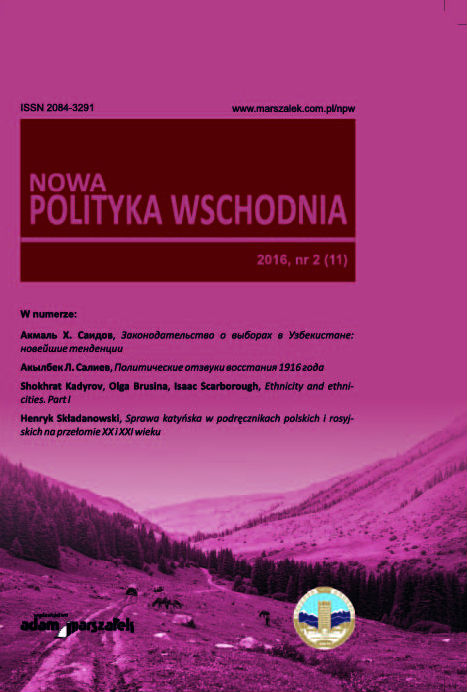
Keywords: The Visegrad Group (V4);Russia;energetic cooperation;marketing coupling;interconnector
The Visegrad Group (V4) is an informal, regional form of cooperation: Poland, Czech Republic, Slovakia and Hungary. The article is about making intensify co-operation in the field of building energetic safety between four countries and a mechanism of cooperation with third countries in the “V4+” format, building energetic networking with countries outside Group, for example Croatia, Roma-nia, Bulgaria. There were several political declaration about building market cou-pling to strength energetic safety. The documents sets out the conditions of coop-eration in the fields of energetic safety and the reinforcement of energy security in the region. The main problem in the group is Russia. Hungary is seen as having taken a ‘special path’ with relation with Russia. The deal Hungary-Russia about blocks of Paks nuclear power covers constructing the new blocks and fuel sup-plies for increase Hungary’s energy independence. It could be against main aim of UE energetic policy to making one UE energetic policy, in the V4 group also. The perspective for V4 are not very optimistic because of different geopolitical in-terest of members Group in spite of political declaration for strengthening energy cooperation.
More...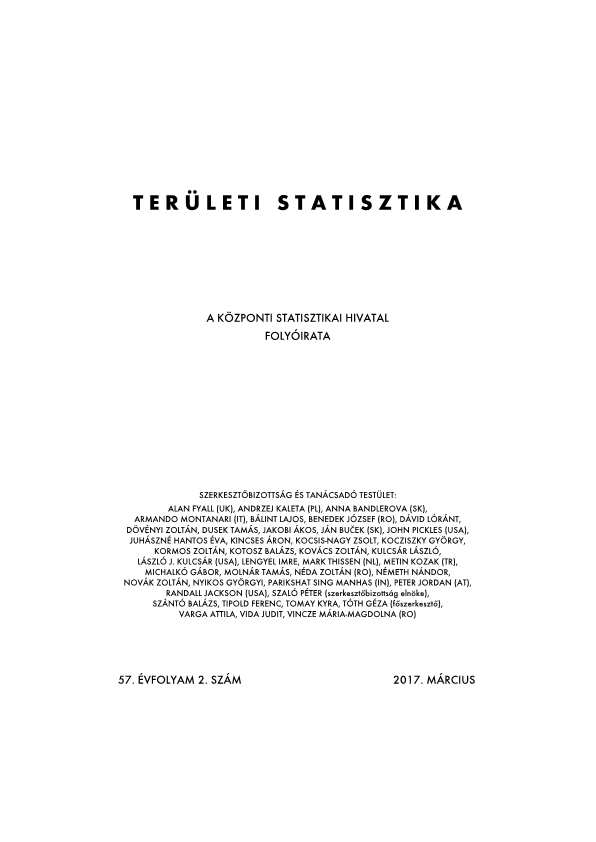

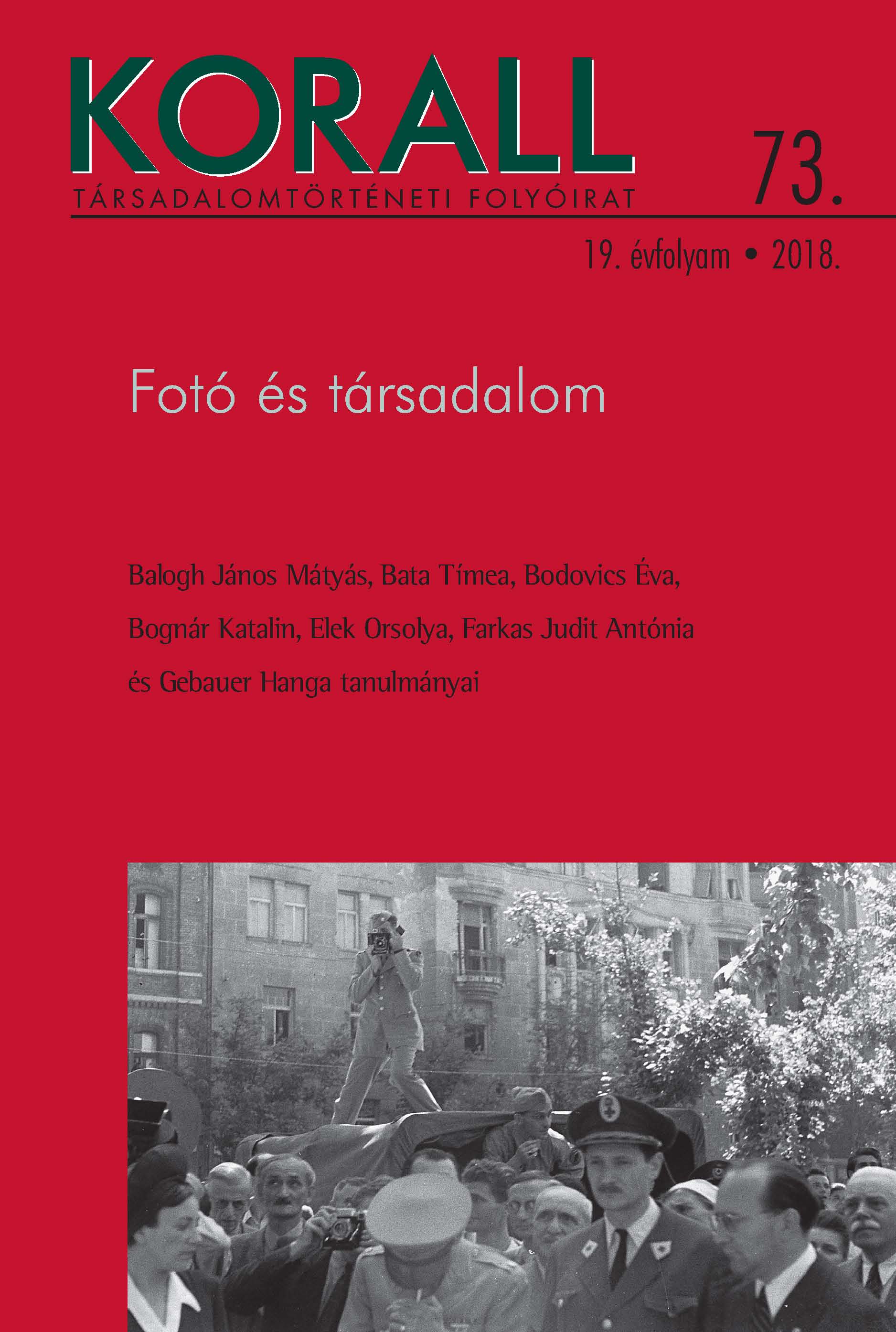
Keywords: history;hungary;history of capitalism;antisemitism;
More...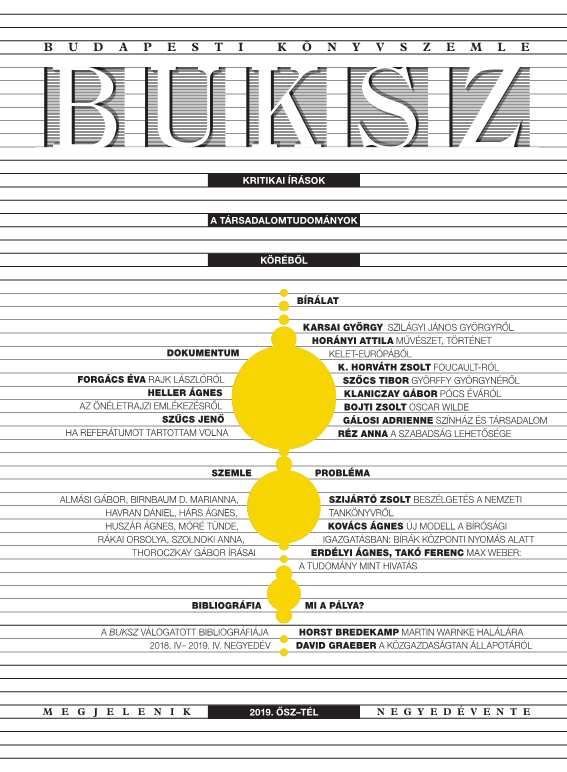
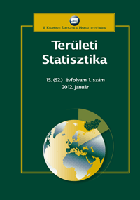
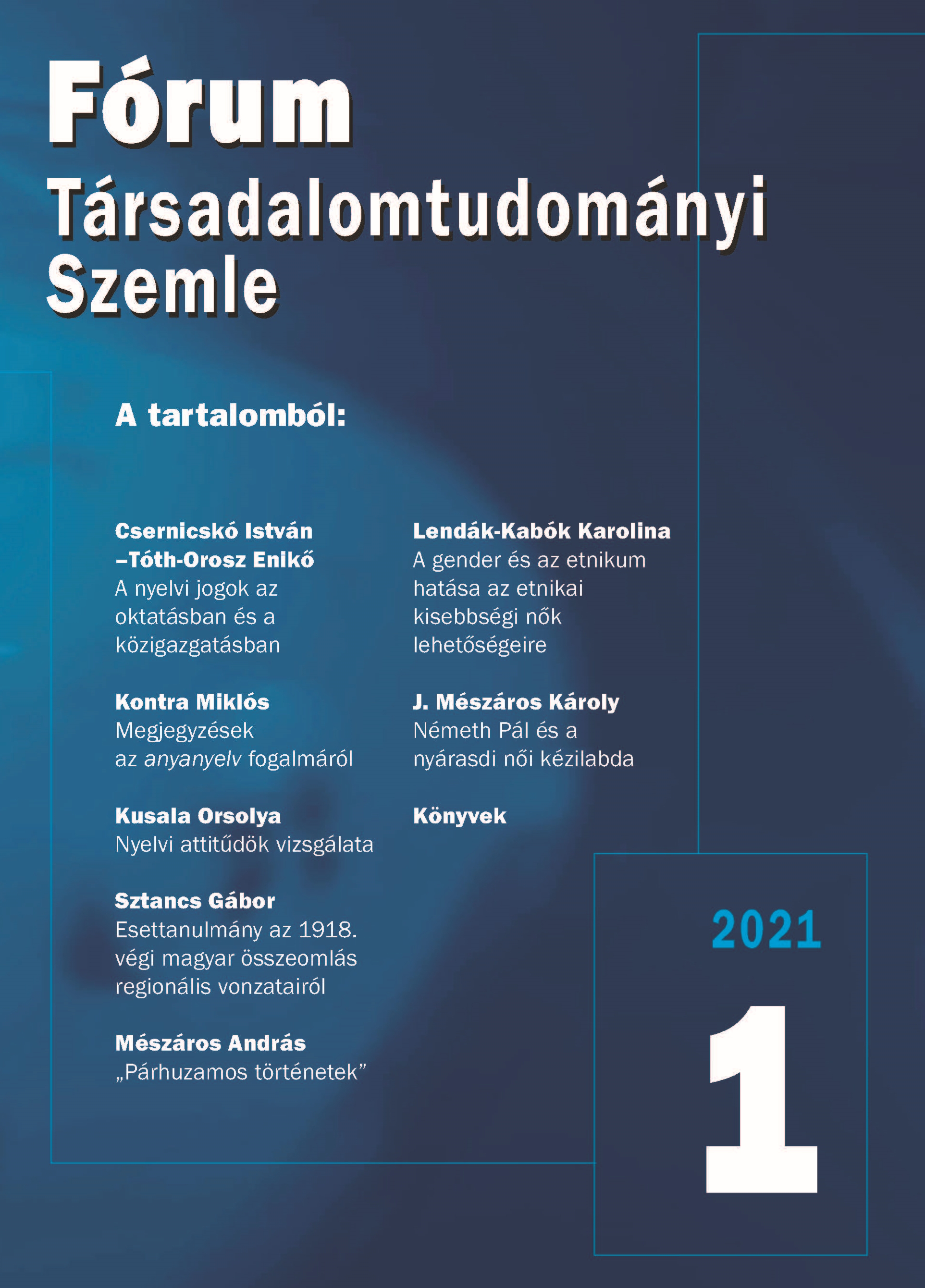
Keywords: 1918;Eperjes;Prešov;Vichodnoslovenska rada;Slovenská ľudová republika;Viktor Dvorčák;Košice;Kassa;Miklós Molnár
As Minister for National Minorities of the Károlyi Government, Oszkár Jászi saw clearly that the eastern Slovak movement in north-eastern Hungary, like the republican vision in Szepes (Slovak: Spiš), was a powerless movement from the very beginning. Their governmental support would have only deepened domestic and foreign policy tensions. Their social base was very weak from the outset. In Sáros (Slovak: Šariš) and Szepes counties, it was equally a movement of Hungarian county elites worried about their positions, who wanted to use the given historical moment mainly for the preservation of their remaining way of life, wealth, and influence. At the same time, the role and the importance of Kassa (Slovak: Košice) and the activities of government commissioner Miklós Molnár were acknowledged in Budapest too, but they were confronted with the military weakness, diplomatic isolation and complete lack of support from the great powers to the historical Hungarian state facing disintegration. The Dvorčáks, by proclaiming on behalf of the “Eastern Slovaks” their “people’s republic” that was not registered by anyone and remained unnoticed even locally, actually accelerated the Czechoslovak military occupation of the region. In the case of Kassa, it can be concluded that the city's leadership in November–December 1918 had to find solutions to increasingly serious problems in a difficult situation. As government commissioner, Miklós Molnár repeatedly asked the Budapest government to send troops to defend the city against Czechoslovak legions and to help keep the city in Hungarian hands. Sensing the changed political situation, the unresolved public order and security problems, the city leadership instructed Miklós Molnár to negotiate with the leaders of the Czechoslovak state and army on the temporary occupation of the city by Czechoslovakia until the decision of the peace conference.
More...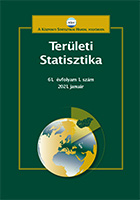
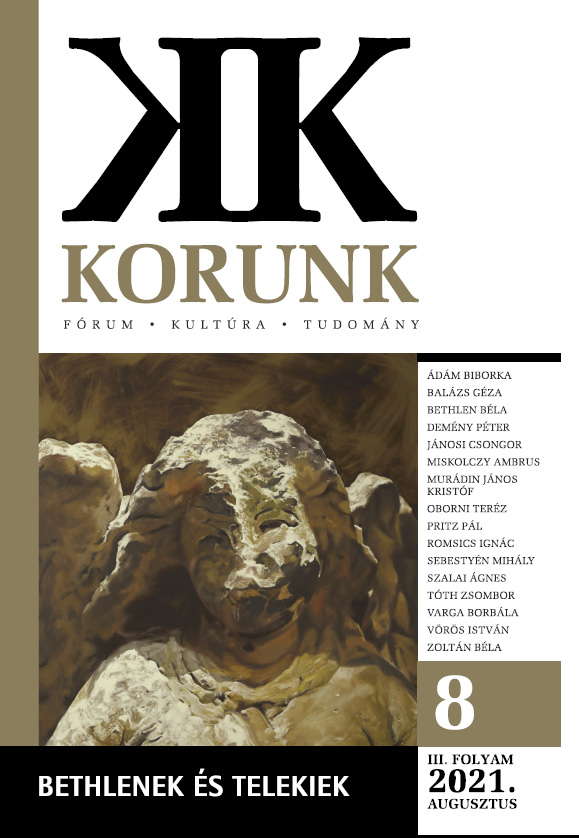
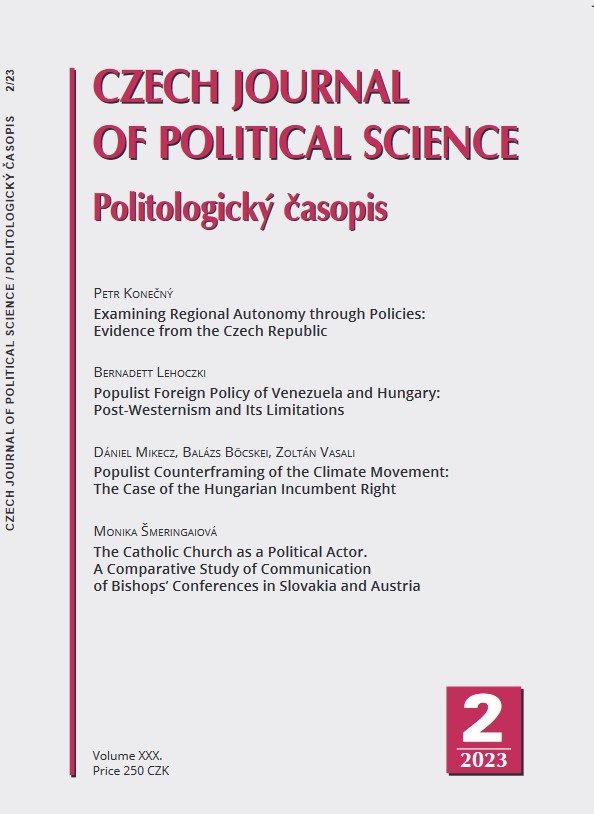
Keywords: populism; post-Westernism; foreign policy; Hungary; Venezuela
The global rise of populism has fuelled academic interest in how populism impacts international relations. The article argues that the post-Western international order as a context and its perceived opportunities strongly guide the foreign policy conduct of populist leaders regardless of their ideological background or geographical situation. The cases examined are Venezuela under Hugo Chávez (1999–2013) and Hungary under Viktor Orbán since 2010 (excluding his first term between 1998 and 2002). The research questions are as follows: (1) how does post-Westernism manifest itself in Chávista and Orbánist foreign policy and (2) what limitations do or did they face in terms of their post-Western foreign policies? The analysis is structured along three interrelated thematic lines of foreign policy making: populists’ conflicts with traditional (Western) powers¸ populists’ search for new partnerships in the non-Western world, and empowerment of regional institutions. Finally, the limitations of post-Westernism are explained on a comparative basis to highlight the contradictory features of populist foreign policy making in terms of loud short-term successes and silent long-term challenges.
More...